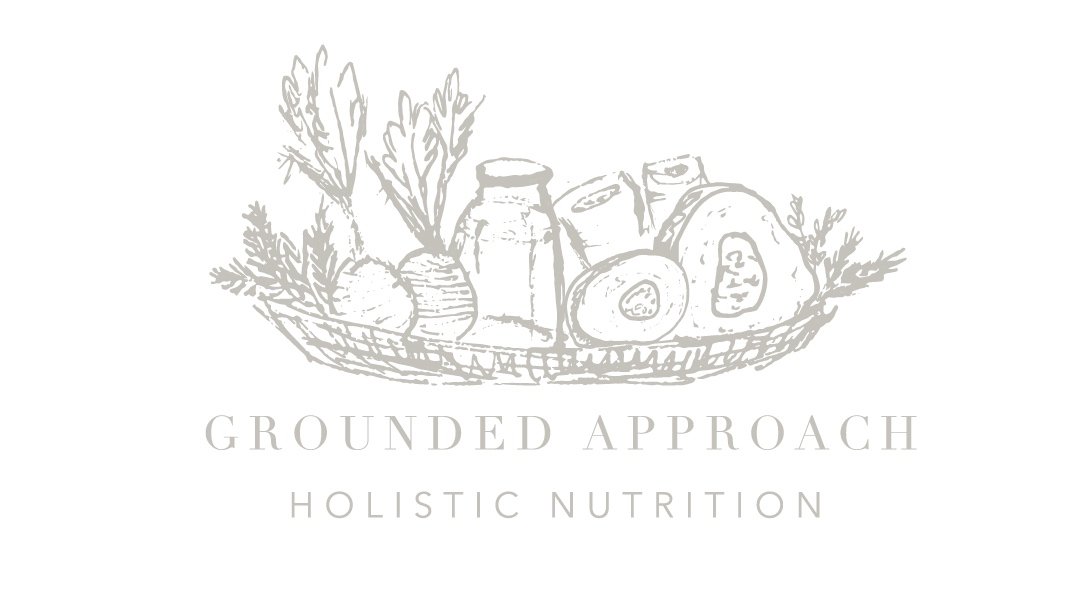How your gut affects your mental health.
 In China, the gastro intestinal tract (gut) is considered the second brain and for good reason. Home to tens of trillions of bacteria, when out of balance this interior ecosystem can trigger the central nervous system, changing moods quickly and dramatically. For some, this might be from an allergy like gluten, which causes inflammation in the gut and leads to intestinal permeability where proteins cross the blood brain barrier and affect mood. For others it may be caused by unbalanced gut flora which can be caused from caesarean birth, use of formula over breast milk, genetically modified foods, or poor diet in general. On a more basic level, when the gastro intestinal flora is out of balance, it is difficult to assimilate nutrients that are necessary for mental health. One thing is for certain, upset gastrointestinal tract makes for an unhappy mood.Some mental health symptoms associated with poor GUT health include:
In China, the gastro intestinal tract (gut) is considered the second brain and for good reason. Home to tens of trillions of bacteria, when out of balance this interior ecosystem can trigger the central nervous system, changing moods quickly and dramatically. For some, this might be from an allergy like gluten, which causes inflammation in the gut and leads to intestinal permeability where proteins cross the blood brain barrier and affect mood. For others it may be caused by unbalanced gut flora which can be caused from caesarean birth, use of formula over breast milk, genetically modified foods, or poor diet in general. On a more basic level, when the gastro intestinal flora is out of balance, it is difficult to assimilate nutrients that are necessary for mental health. One thing is for certain, upset gastrointestinal tract makes for an unhappy mood.Some mental health symptoms associated with poor GUT health include:
- ADD/ ADHD
- Depression
- Insomnia
- Dyslexia
- Anxiety
- Obsessive Compulsive Disorder
- Bipolar disorder
- Substance addiction (marijuana, alcohol, caffeine)
Realizing the role that our gut plays in mental health is crucial to our future generations. After all, the usage of antidepressants, anti-anxiety, ADD/ ADHD medications are at an all time high as are the use of prescription strength sleeping pills. None of these medications take into account the root cause of the problem, but rather act as a temporary band-aid, altering neurotransmitter production often making things worse over time.So where do you start?Contrary to what many believe, removing gluten or other hyper allergenic foods does not solve gut health issues (although it is a great start). When dealing with mental health, a temporary healing and sealing gut protocol should be considered such as GAPS, body ecology, autoimmune paleo, or the specific carbohydrate diet.Which diet is best?All of these short-term diets remove irritating foods while incorporating, healthy fats and probiotics which calm inflammation in the gut, allow beneficial bacteria to flourish and give the intestinal tract time to heal itself from any permeability. They are quite similar, but it’s best to talk to an educated nutrition consultant in order to determine which diet will be most beneficial for your individual needs!
